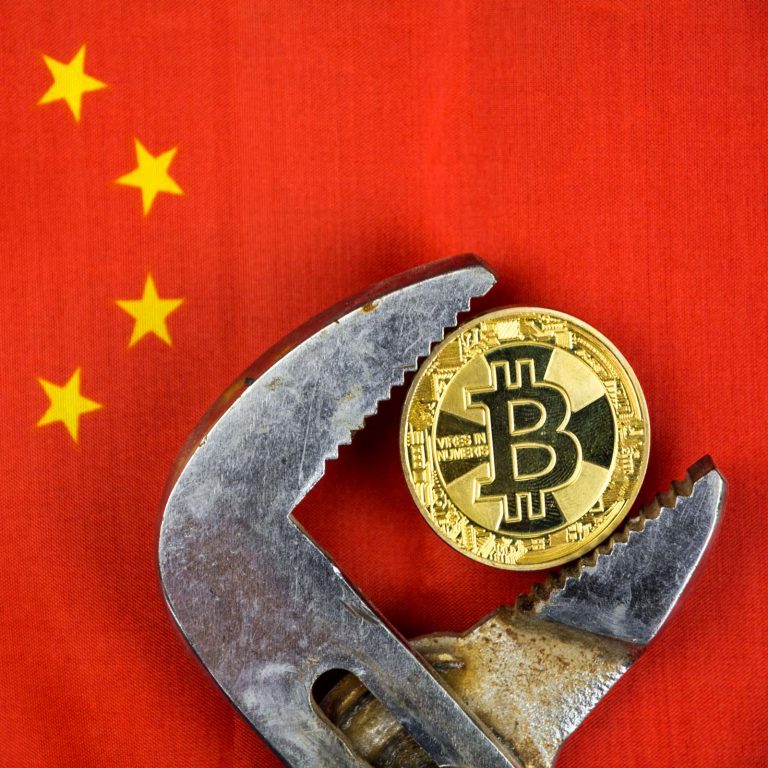2019-5-22 15:11 |
Coinspeaker
China’s Blanket Ban on Crypto Trading Doesn’t Mean Individuals Can’t Own Bitcoin
Sa Xiao, a Council Member at the Bank of China’s Law Research Association, unveiled that Bitcoin and a number of operations with it stay within the law frames of China. CnLedger, Chinese crypto news, reads:
“It is legal to own bitcoins in China’ says Sa Xiao, Council Member at Bank of China Law Research Association, cited by The Beijing News. Besides, Xiao considers the occasional exchange of bitcoins between individuals and individuals is legal.”
Worth reminding that the crypto climate in China is far from friendly. On September 15 in 2017 all the Chinese Bitcoin exchanges were obliged to cease trading and stop their activities. Moreover, Initial Coin Offerings (ICOs) were also declared illegal after investigation conducted by The People’s Bank of China (PBoC).
So, has anything changed in the Chinese attitude towards cryptos?
To this moment crypto trading in China still remains strictly banned. Moreover, Chinese authorities are trying to get all crypto activities in a tight corner. As an example, they tightened the ban on over-the-counter (OTC) Bitcoin trading, and this time Alipay (widely used fintech application) will give them a hand in that.
Sa Xiao noted that Bitcoin ownership is not illegal as it is considered as a property or commodity. However, he also underlined that it can become very risky for the company in case it causes customers’ losses. In the worst-case scenario, they will be punished in compliance with criminal law.
Council Member mentioned this fact due to the recent scam of more than 7000 Bitcoins (BTC) from the customers, reported by Beijing News. As usually, scammers took thousands of Bitcoins from investors and promised cosmic profits in return. Not surprising that after getting the last deposit they disappeared. CnLedger explained:
“The Beijing News reported a case which involves 100+ users who were scammed of 7000+ BTC. The scammer claimed they would borrow users’ BTC to arbitrage between exchanges and distribute profits back to users. However, scammer disappeared after users’ last large deposit.”
In addition, Xiao also stated that even peer-to-peer (P2P) trading may be considered as the rights of ownership what makes it also legal. CnLedger writes:
“Xiao’s views were based on the current legal framework which protects people’s rights of virtual properties (Bitcoin included). Occasional P2P tradings of bitcoin are in nature ‘disposition right’, one of the rights of ‘ownership’. Therefore owning & occasional P2P trading is legal.”
Chinese Government is Strongly AgainstChinese authorities make all possible efforts to restrict crypto activities, to restructure the crypto market and take control over it. Recently, they offered a total ban of Bitcoin mining. Jehan Chu, a managing partner at Kenetic, stated:
“The NDRC’s move is in line overall with China’s desire to control different layers of the rapidly growing crypto industry, and does not yet signal a major shift in policy. I believe China simply wants to ‘reboot’ the crypto industry into one that they have oversight on, the same approach they took with the Internet.”
However, it is barely possible to achieve that. Crypto traders are always ready to find out new ways to overcome the bans in China. The SCMP report reads:
“Industry observers are certain that Chinese investors will always find ways to circumvent increasingly tightening controls over cryptocurrency trading by mainland authorities, making it practically impossible to ever impose a complete shutdown on trading.”
China’s Blanket Ban on Crypto Trading Doesn’t Mean Individuals Can’t Own Bitcoin
origin »Bitcoin price in Telegram @btc_price_every_hour
Open Trading Network (OTN) íà Currencies.ru
|
|


































